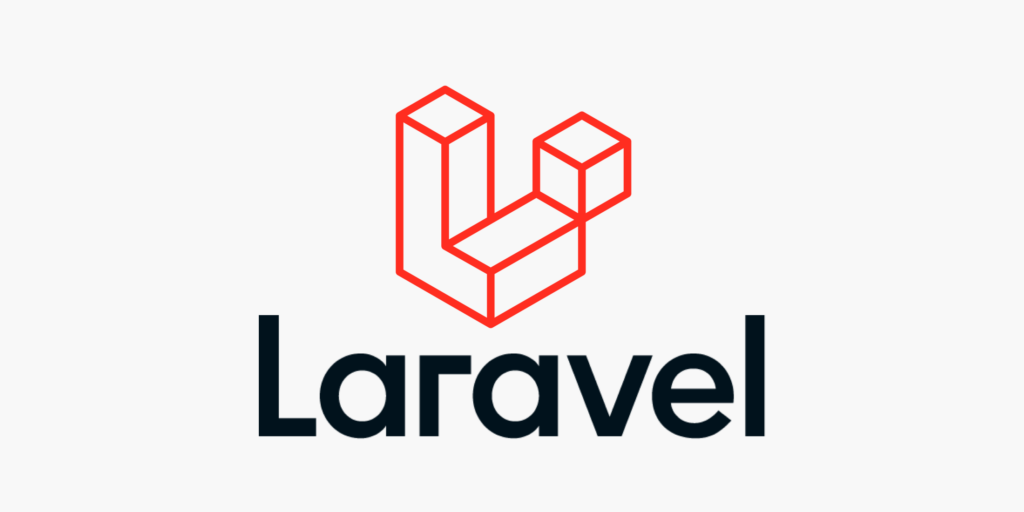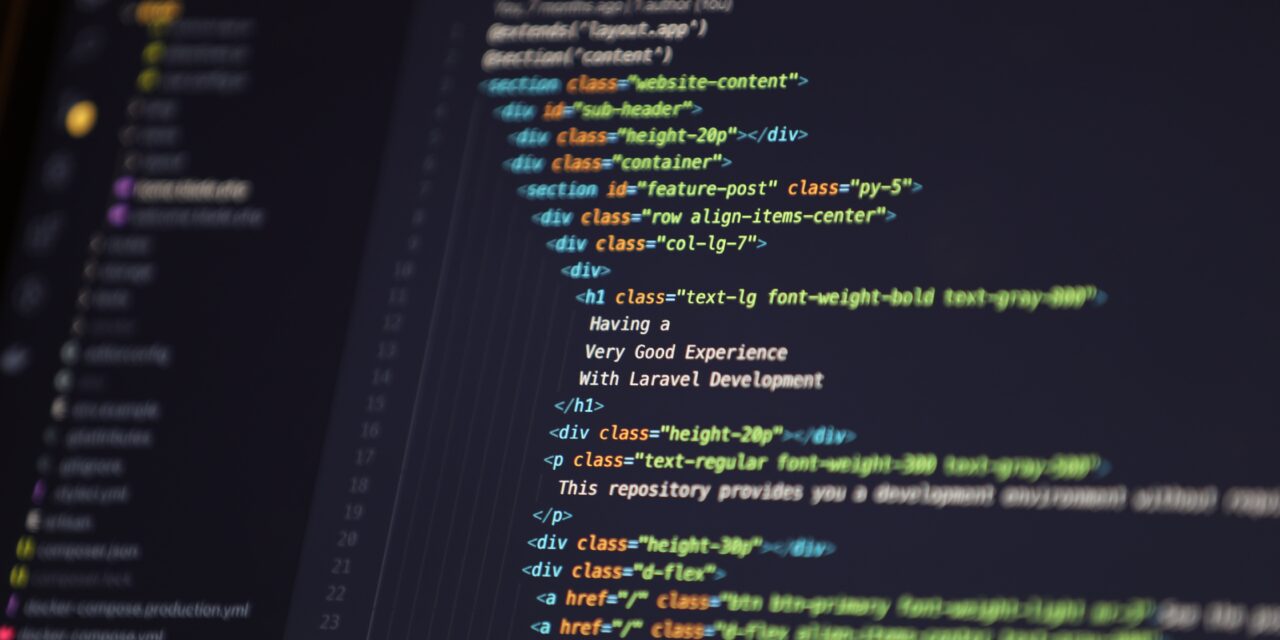Over the past few years, creating websites and applications has become easier. Nearly every company has one, giving them an edge over their competitors.
One of the trickiest parts of developing an app or website is settling on a suitable framework. PHP may be the preferred programming language for data-intensive, fast-running web apps, but manual coding is time-consuming and prone to error. That’s where the Laravel framework comes in.
Laravel is a free and open-source PHP framework that provides structure, packages, and tools for building web applications. It was created by Taylor Otwell in 2011 to address the inflexibility of existing PHP frameworks.

It is a model-view-controller (MVC) framework, which means it separates application logic from user interface code and uses an event-driven approach to handle requests.
What is Laravel, and why is it still the most popular PHP framework today? We’ll answer these questions and more in this article. Let’s dive right in.
What is a PHP framework?
A PHP framework is a collection of software that provides standard functions and reusable, organized code to speed up development. There are many popular PHP frameworks for web developers and application developers. Laravel is one of the most popular.
Laravel is a free, open-source PHP framework that provides structure and tools for building web applications.
What Is the Laravel Framework?
Laravel is a free, open-source PHP framework known for its simplicity and robustness. It was developed by Taylor Otwell in July 2011, over five years after the launch of the CodeIgniter framework.
The model-view-controller (MVC) architecture is used in Laravel. It simplifies the process of developing a website or app by reusing parts from other frameworks. The result is a web app that is more functional and structured.
Laravel provides a wide range of features by combining the core aspects of popular PHP frameworks, including Yii and CodeIgniter, with those of other programming languages, such as Ruby on Rails. The extensive functionality offered by Laravel makes it a great choice for improving productivity in web and app development.
Those who are comfortable with both Core and Advanced PHP will find Laravel to be a welcome resource. If you’re starting from scratch with a website, this will save you a ton of time. Plus, a Laravel-built website is safe from a variety of online threats.
Laravel’s features include:
A templating system (Blade) for separating presentation and logic.
A command-line interface (CLI) for running Artisan commands from the terminal.
Model validation to ensure data integrity.
The Eloquent ORM for database interaction.
The Socialite package for integrating with social networks and OAuth providers.
A powerful routing system that supports RESTful routes, as well as route model binding.
Facades to simplify the use of complex class implementations.
A command bus for handling events and queuing commands.
An event dispatcher that supports broadcasting across a variety of channels, including Pusher and Redis.
What Is Laravel Used for?
Laravel is a popular PHP framework for creating unique websites. It takes care of a ton of the tedious parts of developing a website, such as routing, HTML templates, and security. Laravel does all its work on the server, with an emphasis on data processing and the MVC architecture. You have a good, solid base to work from there.

Advantages and Disadvantages of Using Laravel
There’s no such thing as a perfect framework. There are benefits and drawbacks to using every framework, and Laravel is no different. Here are some of its pros and cons:
Pros
Open-Source Platform
Because it is an open-source platform, Laravel is both free and backed by a thriving community of developers. It’s flexible and can be modified at any point during development. Organizations that need to be dynamic and adaptive would benefit greatly from using open-source platforms.
Due to its large and active developer community, Laravel not only provides excellent user assistance but also makes it simple to modernize your app or website. For this reason, this PHP framework is highly recommended for new developers.
Contains Features That Make Developing Web Apps Faster
With Laravel, your developers can work faster without sacrificing quality or functionality. By default, Laravel is set up to use the file cache driver, which utilizes the file system to store cached objects. Memory caching solutions like Memcached and APC are supported, making them suitable for larger applications. To top it all off, it can boost the performance of web applications by simultaneously configuring multiple cache setups.
Applications Built for the Future
Business app and website development is a time-consuming process, yet the technology is always evolving. The web will have many new and interesting features in the future because of emerging innovations and shifting cultural norms. If you’re trying to create an app, this can be really annoying. When you finally do release it, circumstances may have changed. With the help of the Laravel framework, you can develop apps that can easily adapt to new scenarios. Laravel is renowned for being up-to-date, so your users won’t have to deal with archaic features.
Better Security
With Laravel, you can rest assured that your data is safe. Laravel provides various security features, such as simple authentication and encryption processes and a secure codebase, to safeguarding your data from typical threats such as cross-site scripting and forging, and SQL injections.
Great Documentation
It’s easy to get started with Laravel because of its comprehensive documentation. Syntax, classes, features, and approaches are all explained in detail in these resources for the benefit of developers. Furthermore, Laravel publishes documentation before each upgrade, so you always know what to anticipate, which will reduce the workload of the development team.
Faster Delivery Time
It takes a while for an app or website to be developed and tested before it can be made available to the public. The Laravel framework allows for a quicker time-to-market, meaning your app will be live and generating revenue sooner. This is because the integrated features support development instead of hindering it.
Cons
Buggy Updates
Developers should exercise caution while updating web apps and websites built with Laravel since, like most frameworks, there are occasional buggy upgrades that interfere with functionality.
Payment Services Aren’t Supported
Given that Laravel does not have built-in support for payment systems, you will need to find another method to manage site-wide monetary transactions. Thankfully, Laravel provides a library to help in incorporating a payment option for websites. Yet, many e-commerce platforms prefer to use third-party payment services, so you may have to integrate something like the Stripe SDK.
Not Ideal for Mobile App Development
When it comes to mobile app development, Laravel isn’t the best option. Mobile app loading times can be extremely long due to the frequent need to reload entire pages. On the other hand, we advise choosing Laravel just for its backend JSON API.
Consistency Issues Across Different Releases
Upgrading from one version of Laravel to the next hasn’t been a smooth ride. Making changes to the code breaks the app and forces it to close.
Why Choose Laravel?
The Laravel framework provides numerous useful features, including methods for achieving comprehensive system-wide integration. Unlike other solutions, its security upgrades won’t slow down your website or app. This is why the Laravel framework is the obvious choice for your business.
The Bottom Line
Learning Laravel can be a good option for developers who want to create simple and fast web applications. Laravel’s comprehensive and powerful toolset streamlines the development process and improves security. Many developers, from beginners to seasoned pros, opt for Laravel because of its extensive community and accessibility.
The Laravel framework is a powerful tool that can help you create complex web applications. It’s easy to use, and it has many features that make development faster and more efficient. In addition, Laravel has a large community of developers who can help you with any issues.
If you’re looking for a framework that will enable you to build web applications quickly, then Laravel is an excellent choice. However, if you’re looking for something that’ll really bake your noodle, check out our introduction to Brainfuck!




